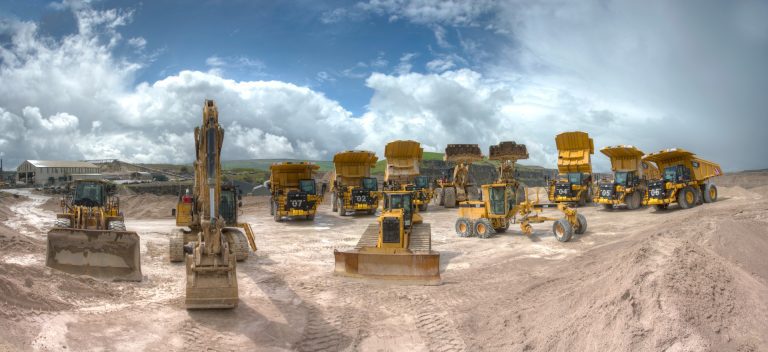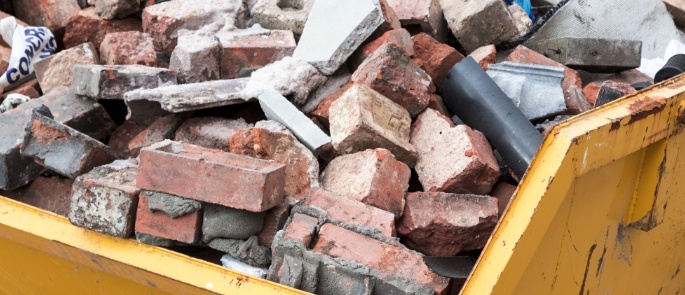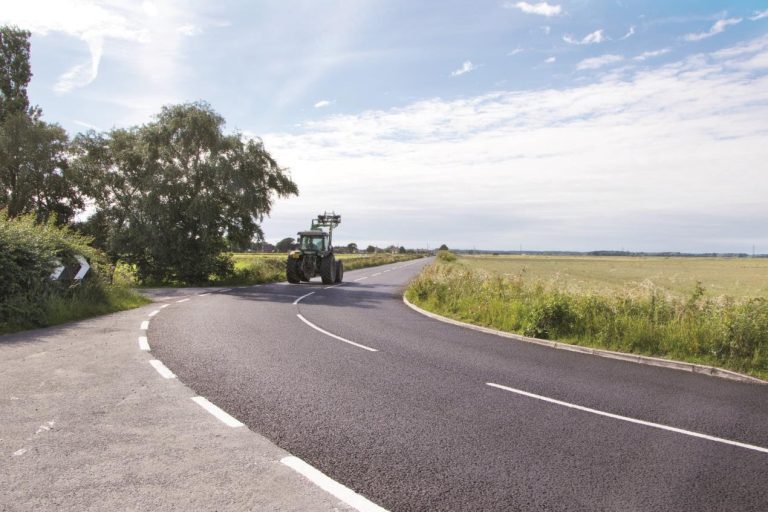In the UK construction industry, physical health is of paramount importance. It is common to see prominent reminders about physical safety, and yet there are less prominent risks that make construction one of the deadliest professions. Every year, more construction workers die from suicide than from falls. Putting the right resources in place to support employees will be the driving force behind real change, thinks Keith Oakes, Head of Safety, Health, Environment and Quality (SHeQ) at exclusive Cat® parts and equipment supplier, Finning UK & Ireland. There’s a reason why mental health in the construction industry is known as the ‘silent epidemic’. When we think about mental illness, it is easy for our minds to run to the most extreme of conditions — the sickest of the sick. What we sometimes fall to account for is the majority of milder cases, experienced by one in four people in the UK every year. A recent survey suggests that 64 per cent of construction workers want better health and wellbeing support from their employers, and there are a wide range of actions employers can take to help to tackle this crisis. These actions start with the very basics — education. All workers, no matter their role in a business, need to be able to recognise the early warning signs of mental health issues as well as knowing what support is available and how to access it. Finning provides ongoing mental health training, such as Starting the Conversation and Managing the Conversation courses, which began in 2018. These courses aim to break down the negative stigma around talking about mental health and give managers and employees the resources and knowledge to provide real and actionable support to their colleagues. Although there is currently no mandatory legal requirement for offering mental health support, Mental Health First Aiders (MHFAs) are also present throughout the company, providing confidential face-to-face support onsite for anyone suffering. MHFAs, easily identifiable to all by their “Talk to me!” email banner, have been trained to recognise someone going through a mental health issue, and to guide that person to the relevant help that they need. One such MHFA is Julia Winter, occupational health nurse at Finning. When a new employee starts, they are invited to a free health surveillance with Julia, who runs a series of baseline physical health assessments including hearing and eyesight checks, which are repeated every two years. Mental health and wellbeing is a critical part of Julia’s role; alongside the healthy mind, healthy body sessions she runs across the UK branches, her relationship and rapport with employees means that she is the usually the first port of call for anyone struggling. David Fletcher, who’s worked in the New Prep department at the Finning Cannock branch for five years is one of many employees who’ve benefitted from the mental health services that Finning provides. Fresh faced in the role with only three months under his belt, David started to experience pins and needles symptoms, and with support from his boss, gave Julia a call. “Looking back now, I’ve always had mental health issues, but it was never discussed openly. It came to the forefront when I knew my marriage was coming to an end, and I think I was in denial. As the doctors ran tests to determine the cause of the pins and needles, which turned out to be a symptom of anxiety, I got chatting to Julia at work, and I just broke down and told her about everything that was going on at home. “From then on, we talked regularly, pretty much every other day. She didn’t always talk back, she just let me say what I needed to say. Julia really went above and beyond her role and became a firm friend, and I know that I can talk to her about anything. A lot of my close friends are people I work with every day, so the lockdown has had a big impact on my mental health. I wanted to get back to work as soon as it was safe to do so, so Finning did everything it could to make that happen.” The COVID-19 pandemic has had an immeasurable impact on all of our lives, and none more so than Lindsay Fuller, receptionist at the Leeds branch, who recently accessed Finning’s mental health services when her husband fell ill with coronavirus. “My story is not an easy one to tell. In late March, my partner Glen became ill with COVID-19 and was admitted to hospital. He fought hard and the medical team were amazing, but seven days after he was admitted, Glen passed away, aged 62. As he had tested positive for coronavirus, I also had to self-isolate, which meant that our families couldn’t visit me or have any physical contact. “I don’t know what I would have done if it hadn’t had been for Julia. We spoke every single day. It didn’t matter if I was sobbing or screaming, if I called during her lunch break or in the middle of the night, she would be on the other end of phone. She really understood that grief isn’t on a schedule and that was absolutely invaluable. “The support from not just Julia, but the wider Finning family has been outstanding. I’ve had messages of support from colleagues from all across the business, and the senior leadership also video called to send their wishes and to ask whether there was anything they could do. When I was ready to return to work, they ensured my area was COVID-19 safe and always checked in to make sure I felt secure and happy at work. It honestly kept me sane.” David and Lindsay used the services provided by Finning at different points in their career. Regardless of their time in the role, both had access to the same resources and support, even though David had only been in his job for three months. “Finning made sure that, even though I was suffering, my














